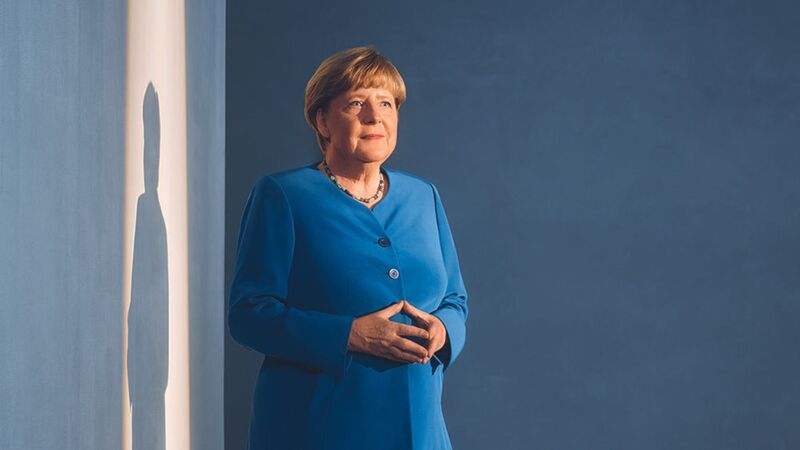You are viewing your 1 free article this month. Login to read more articles.
Man Booker International Prize criticised for changing Ming-Yi's nationality
The Man Booker International Prize has drawn controversy for changing the nationality of one of its longlisted authors from “Taiwan” to “Taiwan, China”.
It was revealed last month that Wu Ming-Yi is one of the 13 authors nominated for his historical novel, The Stolen Bicycle, translated by Darryl Sterk (Text Publishing). He was heralded as “one of Taiwan's most innovative young novelists” in the original press release issued on behalf of the Man Booker in mid-March, but last week the award organisers changed his nationality on the prize's website to “Taiwan, China” angering Wu and some others.
A spokesperson for the £50,000 prize, which recognises author and translator equally, told The Bookseller it had done so after receiving a complaint a few weeks ago from the Chinese Embassy in London about the labelling of the author’s nationality. China claims Taiwan as its own territory, but the island operates with its own government and has its own form of currency with most citizens identifying themselves as Taiwanese.
Truda Spruyt, a spokesperson for the prize, said the The Booker Prize Foundation “deliberated and consulted, including with the author’s agent, before making the change” to Wu's nationality on the prize website. She said they are hoping to “make progress with the issue”.
“We are currently seeking clarification from the Foreign and Commonwealth Office on the UK’s official position on Taiwan, following earlier advice that ‘Taiwan, China’ was the correct, politically neutral form,” she said. “We are aware that Wu Ming-Yi defines himself as Taiwanese and have kept him informed throughout the process.”
The author, also an associate professor at National Dong Hwa University in Hualian, Taiwan, is represented by the Grayhawk Agency in Taiwan and Georgina Capel of Georgina Associates in London. Capel told The Bookseller that she had not been notified about the change. Gray Tan, founder of Grayhawk, has been contacted for a comment, along with the Foreign and Commonwealth Office.
Wu criticised the change on his Facebook page, garnering around 2,700 ‘Likes’.
The 46-year-old wrote: “Since the publication of the longlist for this year's Man Booker International award, my nationality on the webpage has been changed from Taiwan to Taiwan, China, which is not my personal position on this issue. I will therefore seek assistance in expressing my personal position to the award organisation.”
His stance was reportedly backed by Lin Hsiu-mei, his editor at Rye Field Publishing Co., which published the original Chinese-language version of The Stolen Bicycle. According to Focus Taiwan, Hsiu-mei said Wu's response was appropriate, and that political factors should not be influencing literature behind the scenes.
Taiwan’s Ministry of Culture has also asked the award organisers to “please respect the author”. “Wu Ming-yi is from #Taiwan,” the ministry tweeted on March 20th.
It reportedly issued a statement asking Taiwan's representative office in the United Kingdom to express the country's position on the matter and calling that Man Booker Prize Foundation revert to its original listing of Wu's nationality.
Wu has also written two book-length works of literary essays about butterflies before publishing his first novel in 2007. In 2013, The Man with the Compound Eyes ( Harvill Secker) billed as a metafictional ecological disaster novel, which was translated into English by Darryl Sterk. It was the first novel from Taiwan to be published by a major English-language publisher and has been translated into nine languages.
A shortlist of six books for the Man Booker International Prize will be announced on 12th April, and the winner of the prize will be revealed on 22nd May. The prize was tweaked in 2016 to be awarded to author and translator on the basis of a single work, as opposed to a body of work, after it was integrated with the Independent Foreign Fiction Prize.
The Man Booker Prize for Fiction has also attracted criticism in the past few days for allowing American writers to enter. Members of the Rathbones Folio Academy, including authors such as Tessa Hadley, spoke out against the award's expanded eligibility criteria, after the former canvassed opinion ahead of the release of its shortlist on Tuesday (27th March). The prize was opened up to US writers in 2014, in a move that concerned many, and now Folio members such as Hadley and author and critic D J Taylor have argued the expansion has led to a “marginalisation” of home-grown talent.
A Guardian editorial has since supported their views in an article titled 'Time for a turn-around'.

















